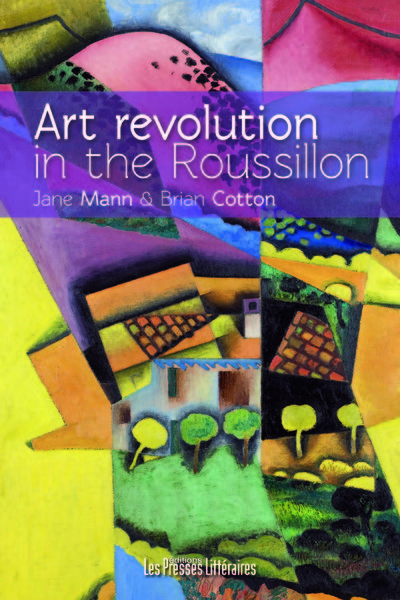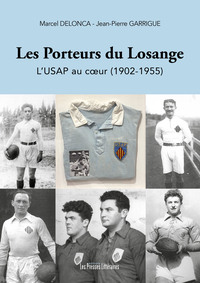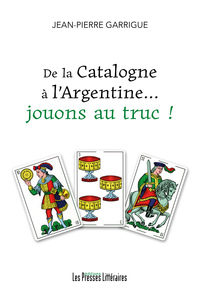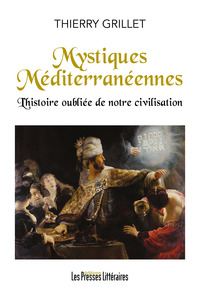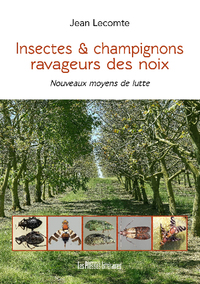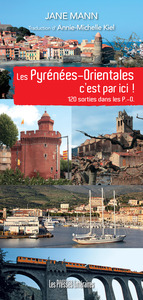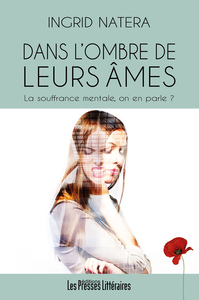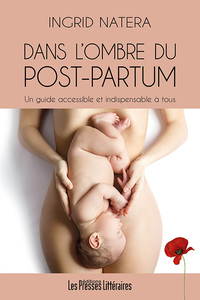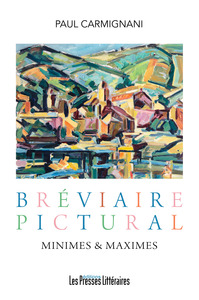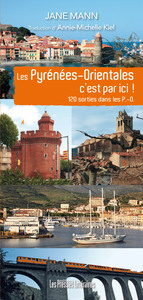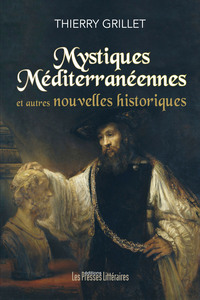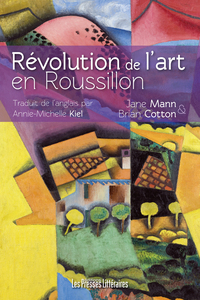Nous utilisons des cookies pour améliorer votre expérience. Pour nous conformer à la nouvelle directive sur la vie privée, nous devons demander votre consentement à l’utilisation de ces cookies. En savoir plus.
ART REVOLUTION IN THE ROUSSILLON
Presses Littera - EAN : 9782350737591
Édition papier
EAN : 9782350737591
Paru le : 27 mai 2013
24,00 €
22,75 €
Epuisé
Arrêt définitif de commercialisation
Notre engagement qualité
-
 Livraison gratuite
Livraison gratuite
en France sans minimum
de commande -
 Manquants maintenus
Manquants maintenus
en commande
automatiquement -
 Un interlocuteur
Un interlocuteur
unique pour toutes
vos commandes -
 Toutes les licences
Toutes les licences
numériques du marché
au tarif éditeur -
 Assistance téléphonique
Assistance téléphonique
personalisée sur le
numérique -
 Service client
Service client
Du Lundi au vendredi
de 9h à 18h
- EAN13 : 9782350737591
- Collection : SAVOIR(S) ET CO
- Editeur : Presses Littera
- Date Parution : 27 mai 2013
- Disponibilite : Epuisé
- Barème de remise : NS
- Nombre de pages : 282
- Format : 1.70 x 16.00 x 24.00 cm
- Poids : 750gr
-
Résumé :
As the century turned Aristide Maillol was simplifying the sensuous lines of his monumental sculptures in the small seaside town of Banyuls-sur-Mer. By 1905 Matisse and Derain were exploding pure colour all over their Fauvist paintings just along the coast in Collioure. George Daniel de Monfreid was taking delivery of Gauguin’s canvases from the South Seas at his Château St Clément in Corneilla-de-Conflent and sharing them with Gustave Fayet of the Abbaye de Fontfroide near Narbonne. And, a few years later, Frank Burty Haviland, Manolo and Déodat de Séverac, whilst on a visit to the sculptor Maillol, discovered Céret. When in 1910 they were joined by Picasso, then by Braque and Juan Gris, Céret was well on the way to becoming known as the Mecca of Cubism.
Why the Roussillon? How did the revolution reach Paris and then the world from two obscure towns on the Mediterranean edge of the Pyrenees? How did the local painters and collectors contribute to the revolution? What were the links with the Paris dealers and the all important Salons? Who were the artists’ wives and mistresses? And what mark have they left here?...
In Art Revolution in the Roussillon their stories come alive. Tales of artists born and bred in this remote and at the time little known corner of France are intertwined with the stories of the visiting artists from Paris who were challenging and changing the face of modern art. The gathering of these tales and the exploration of the Roussillon’s recent art history has proved has proved a fascinating task.

